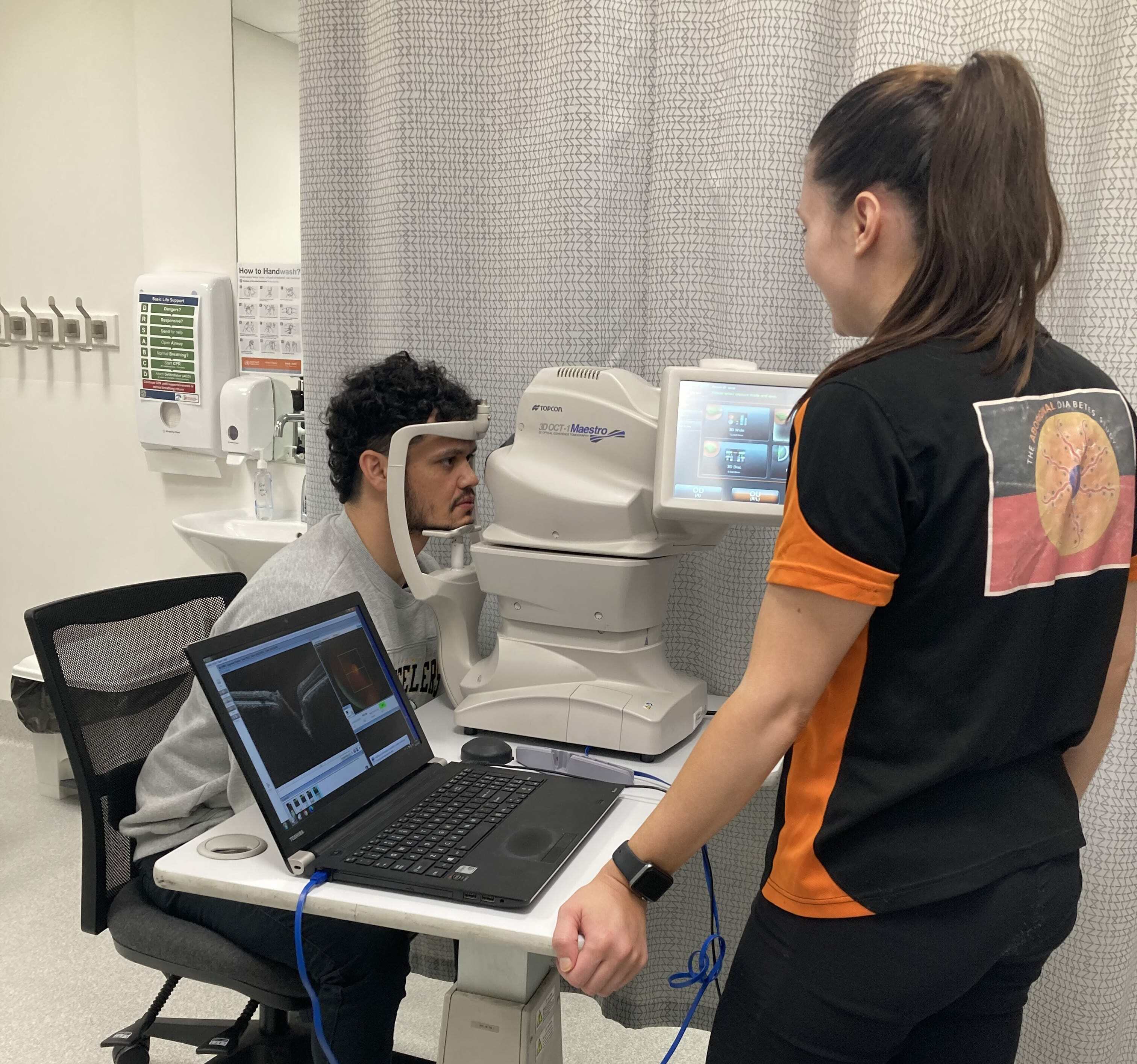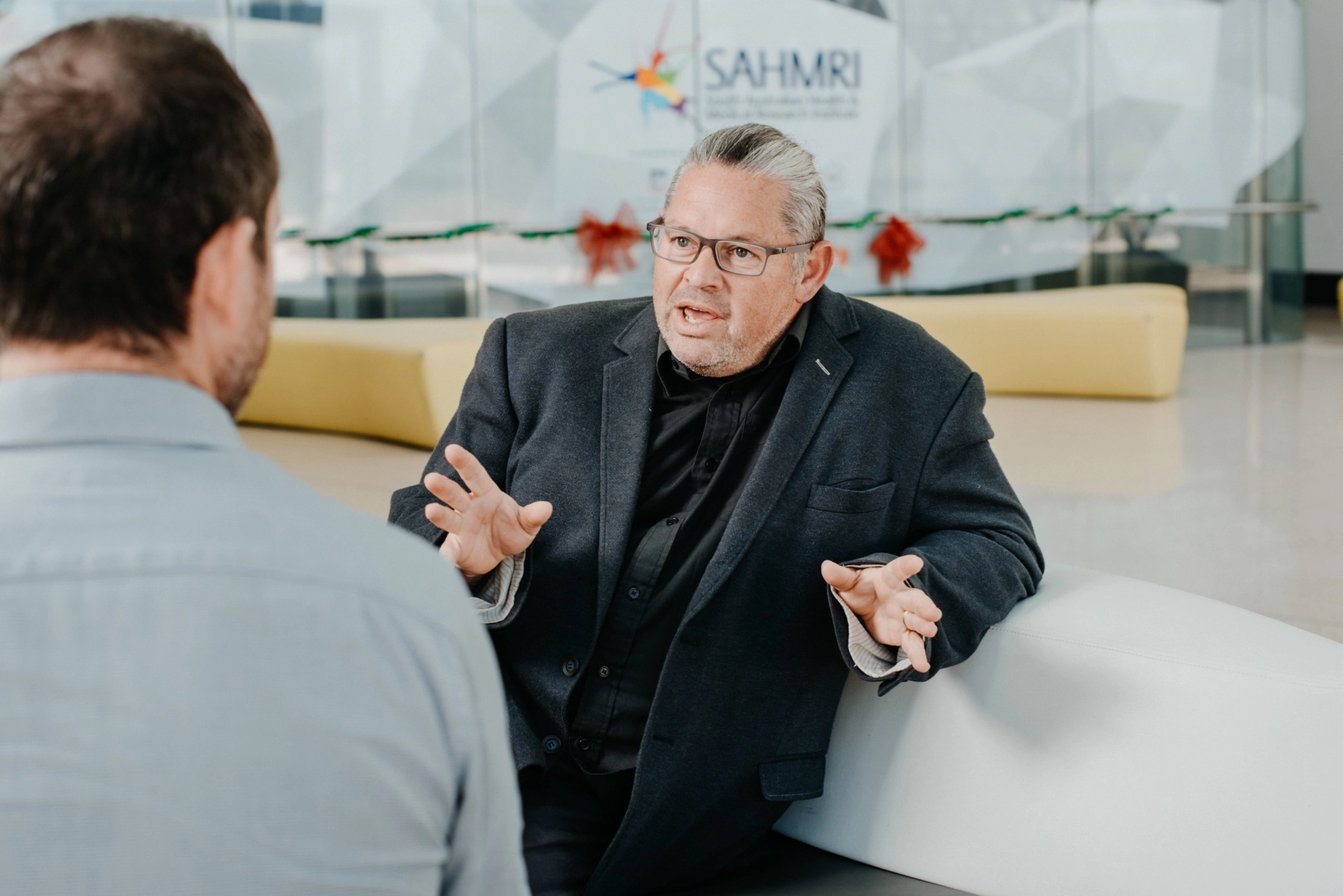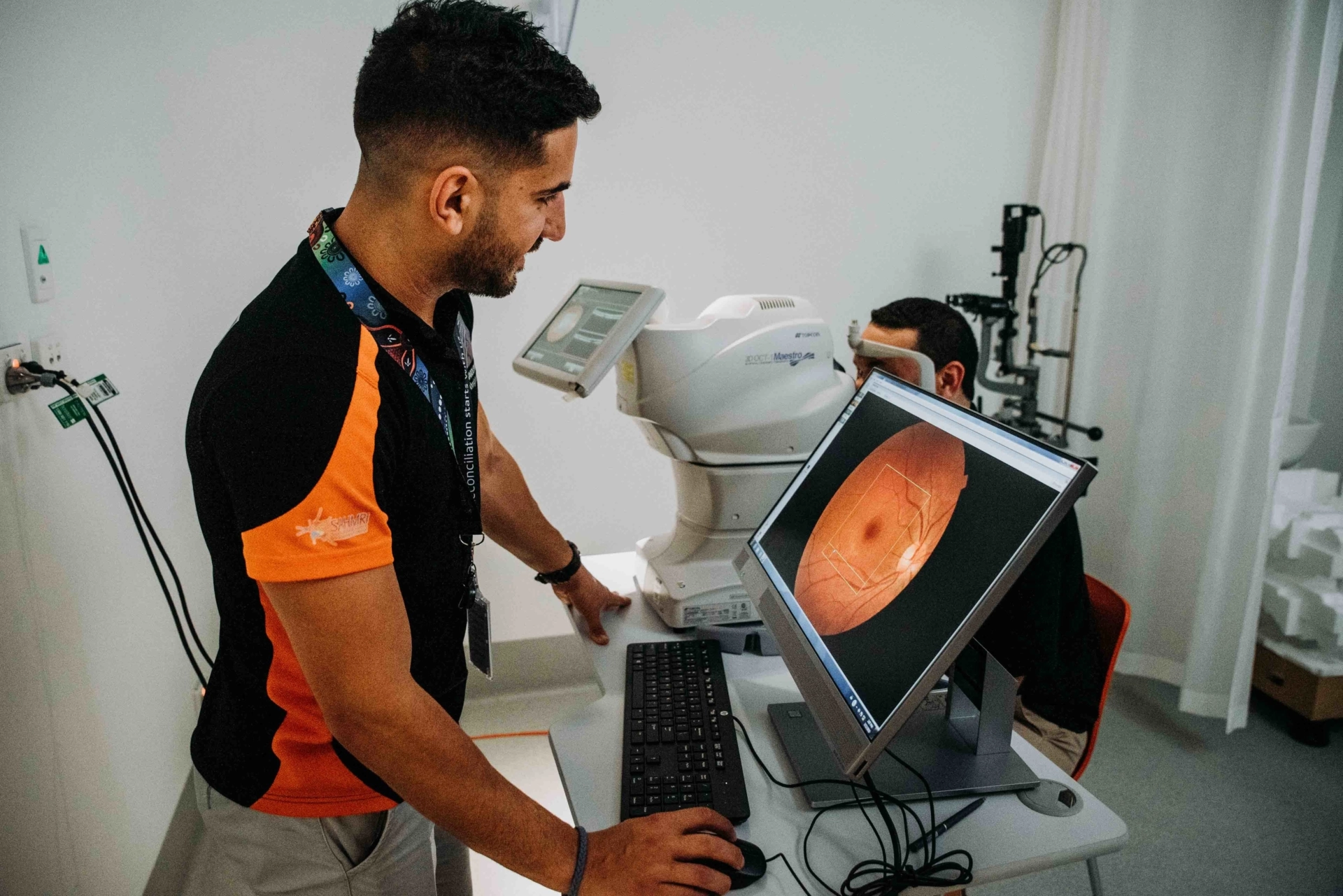Up to 30% of adult Aboriginal people have diabetes, yet our knowledge of the causes and predictors of complications remain incomplete.
We have established the PROPHECY Study to assess the levels of complications in Aboriginal people with diabetes.
Type 2 Diabetes (T2D) is at epidemic proportions in Indigenous Australians, affecting up to 50% of adults over the age of 50. T2D significantly impairs the quality and length of life and contributes to wide life expectancy differentials. Much of this inequality is a consequence of the rapid development of renal, cardiovascular, and opthalmological complications.
In partnership with Aboriginal communities and health organisations, and world-leading experts in T2D and genomics, we have established a large population-based prospective cohort of Aboriginal adults from across the breadth of South Australia. Our fundamental objective is to better understand the burden, natural history and propensity for complication development in Aboriginal people with or at risk of T2D, outlining the social, psychological, environmental, clinical and genomic predictors of disease and disease progression.
The PROPHECY Cohort involves 1385 participants from metropolitan, regional and remote settings, of whom we have collected unique data on clinical, psychosocial, pathological and genomic outcomes, exposures and traits.
Ethical approval, individual and community consent are already in place to enable Wave II assessments, vital status and T2D related outcomes and collection of additional samples for longitudinal clinical and multi-omic analyses. This represents the largest and most comprehensively ‘phenotyped’ longitudinal cohort of Indigenous adults - a unique national and international resource.

The PROPHECY Cohort will allow us to fully explore the biology of disadvantage and inequality, particularly the inter-relationship between, genetic, molecular, environmental and social determinants of T2D and provide novel insights into the development and progression of T2D and its complications in high risk populations, and the fundamental biological mechanisms through which T2D has established itself as humanity’s greatest epidemic.




